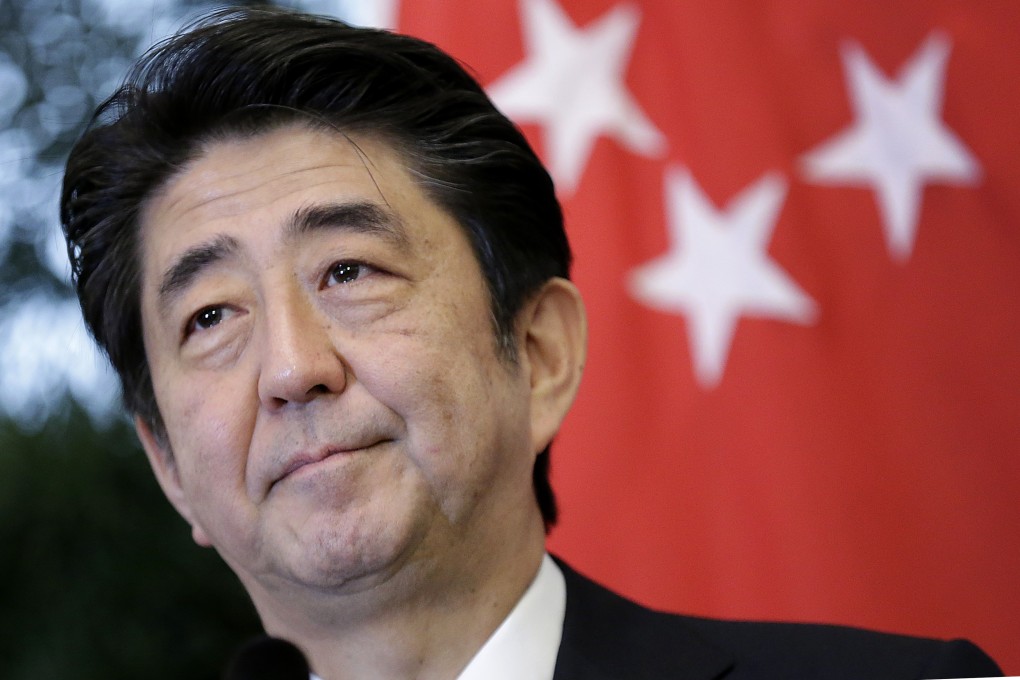Securing the rule of law at sea
Japan Prime Minister Shinzo Abe hopes that Asean member states and China can swiftly establish a ‘truly effective code of conduct’ for the South China Sea

Japan is in a better position than ever before to play a larger and more proactive role in ensuring peace in Asia and the world. We enjoy the explicit and enthusiastic support of our allies and other friendly countries, including every Asean member country and the United States, Australia, India, the United Kingdom, and France, among others. All of them know that Japan stands for the rule of law – for Asia and for all people.
We are not alone. In most Asia-Pacific countries, economic growth has nurtured freedom of thought and religion, as well as more accountable and responsive political systems. Though the pace of such changes varies from country to country, the idea of the rule of law has taken root. And that means that the region’s political leaders must ensure respect for international law.
Nowhere is that need clearer than in the area of international maritime law. The Asia-Pacific region has achieved tremendous growth in the span of a single generation. Regrettably, a large and relatively disproportionate share of the fruits of that growth is going toward military expansion. The sources of instability include not only the threat of weapons of mass destruction, but also – and more immediately – efforts to alter the territorial status quo through force or coercion. And those efforts are taking place largely at sea.
Recently, US President Barack Obama and I mutually reaffirmed our countries’ alliance as the cornerstone of regional peace and security. Moreover, the United States and Japan are strengthening trilateral cooperation with like-minded partners to promote regional and global peace and economic prosperity. Already, Australian Prime Minister Tony Abbott and I have agreed that we should do exactly that.
The history of international maritime law is long, stretching back to ancient Greece. By Roman times, the seas were open to all, with personal possession and partitioning prohibited. Since the dawn of the Age of Exploration, large numbers of people have crossed the seas for myriad reasons, and marine-based commerce has connected the world’s regions. Freedom on the high seas became a foundational principle for human prosperity.
No particular country or group created international maritime law as it now exists. It is the product of humankind’s collective wisdom, cultivated over a great many years for the wellbeing of all. Today, many benefits for humanity depend on the seas from the Pacific to the Indian Oceans remaining fully open.
